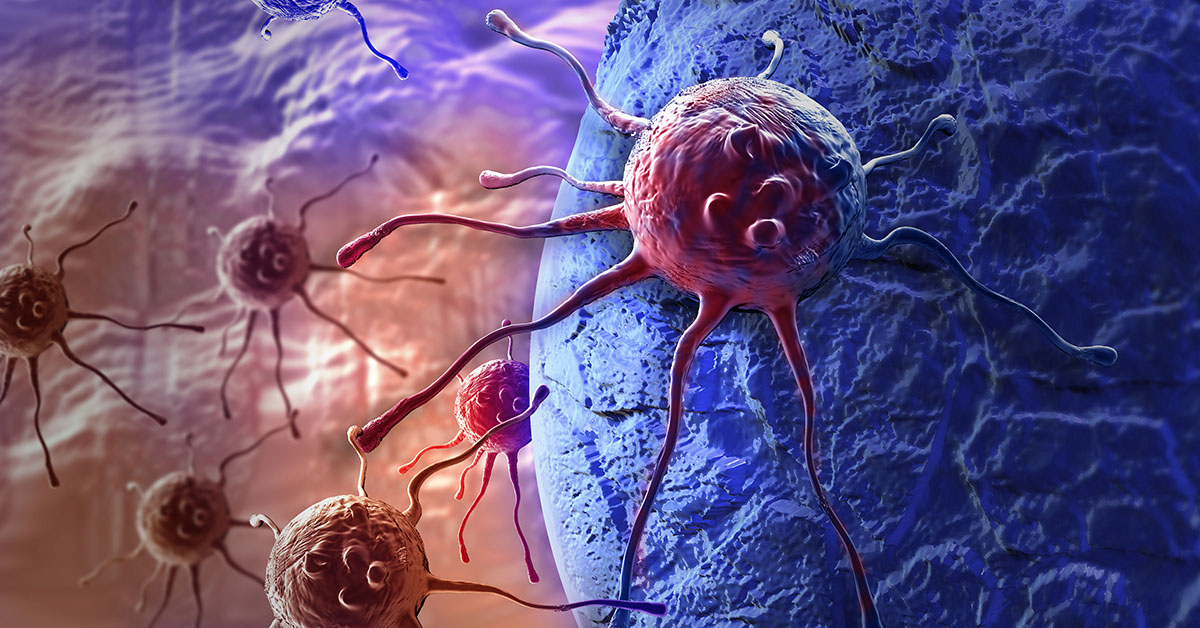
What is Head and Neck Cancer?
Head and neck cancer refers to cancer that develops in the nose, neck, mouth, nose, salivary glands, or sinuses. These cancers will typically develop in the cells lining the throat, mouth, or nose (squamous cell carcinomas). Approximately three out of every four head and neck cancers are associated with tobacco or alcohol use. Symptoms and treatment side effects often cause difficulties in eating, breathing, or speaking.
Causes of Head and Neck Cancer
The primary causes of cancers of the head and neck are tobacco use and alcohol consumption. Other causes or risk factors of head and neck cancers include the following:
- Human Papillomavirus (HPV)
- Poor dental hygiene
- Excessive exposure to the sun
- Epstein-Barr virus or mononucleosis (mono)
- Exposure to radiation to the head or neck area
- Frequent exposure to harmful chemicals or materials such as asbestos, wood dust, paint fumes, or specific preservatives
- Asian ancestry
- Marijuana use
- Poor diet
- Immune system disorders
- Gastroesophageal reflux disease (GERD) or laryngopharyngeal reflux disease (LPRD)
- Genetic predisposition (family history) to head or neck cancers
Symptoms and Diagnosis of Head and Neck Cancer
Common symptoms of head and neck cancers can include the following:
- Sore throat
- Lump or swelling in the throat that does not go away
- Coughing up blood
- Chronic or recurrent cough
- Pain in the ears
- Swallowing difficulty or pain when swallowing
- Abrupt or unexplained weight loss
- Hoarse voice
- Choking or gagging on food regularly
- Breathing difficulty
- Foul smelling breath that does not go away
- Swelling of the jaw
- Red or white spots or patches on the gums, tongue, or mouth
- Chronic sinus infections
- Frequent nose bleeds
- Recurring headaches
- Pain in the face or throat area that does not stop
Diagnosis of head and neck cancers will generally involve a physical examination, consideration of your medical history and your family's medical history, and tests or analysis of samples. After diagnosis is confirmed, your doctor will usually determine the extent or stage the cancer is in and whether it has spread to other parts of the body.
Treatments for Head and Neck Cancer
Treatment options will generally depend on the specific type of cancer, what stage the cancer is in, if it has spread to other parts of your body, your age, and your overall health. Treatments can include chemotherapy, radiation therapy, and/or surgery options.
